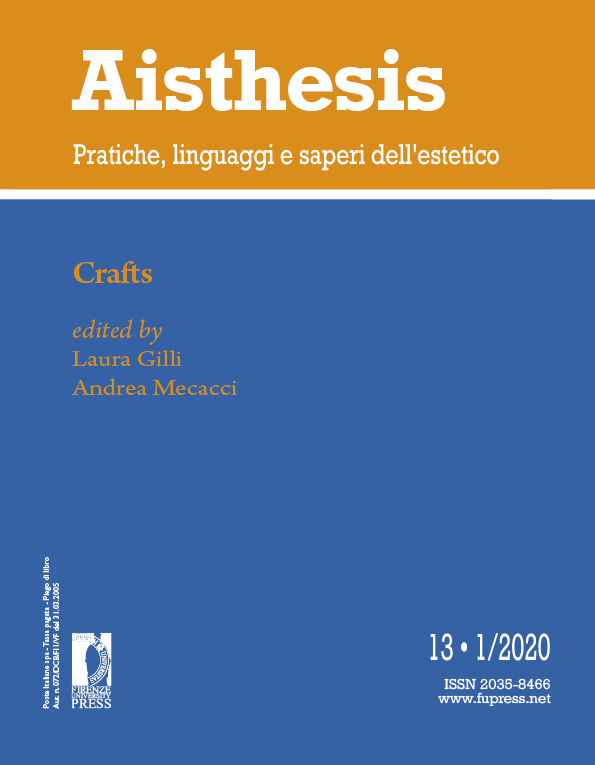Published 2020-06-19
Keywords
- Biopower,
- power, war,
- A Passage to India,
- E.M. Forster,
- Michel Foucault
How to Cite
Abstract
Society Must Be Defended is a collection of Michel Foucault’s courses at the College de France in 1976. In this volume, Foucault discusses the emergence of a new technology of domination called biopower. It is a power that is not “individualizing”, but “massifying”, that is directed at man as a member of a “species”. Biopolitics exerts control over relations between the human races. Yet, some critics claim that Foucault’s biopower does not address colonial societies and problems. This paper argues that Foucault’s theory of biopower could be applied to the postcolonial discourse, too. To trace Foucauldian biopower in postcolonial literature, the authors of this article have focused on E. M. Forster’s A Passage to India. In this paper, the plot and the dialogue of Forster’s novel is studied based on Foucault’s theory of biopower as discussed in his Society Must Be Defended. It is concluded that in Forster’s novel, it can be noticed that the English power, which dominated early twentieth century Indian society, employs biopower to subjugate the Indian population. The English officials control India not merely by means of disciplinary institutions, but by manufacturing norms for an entire race which are explainable in terms of Foucault’s theory of biopower.


